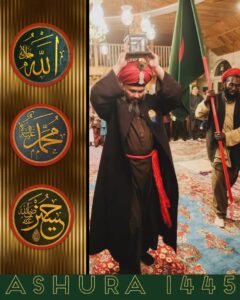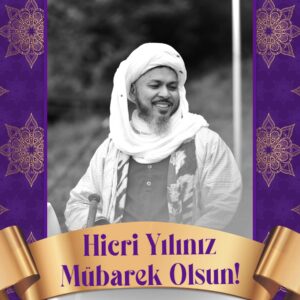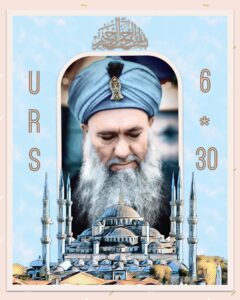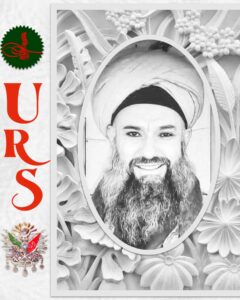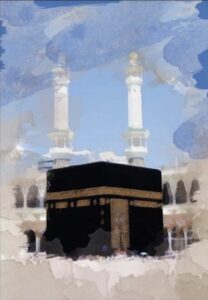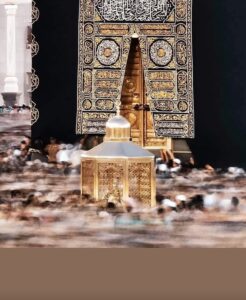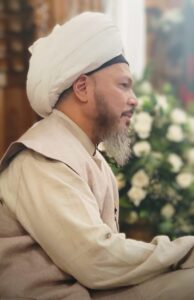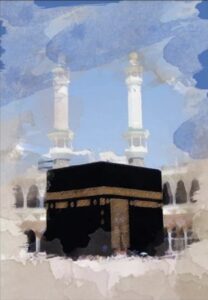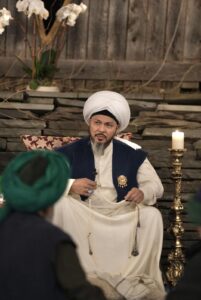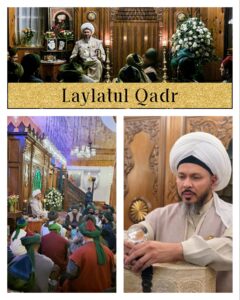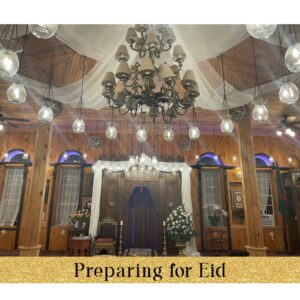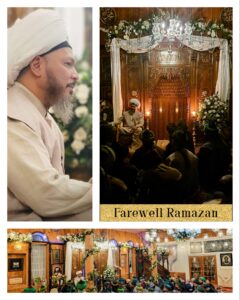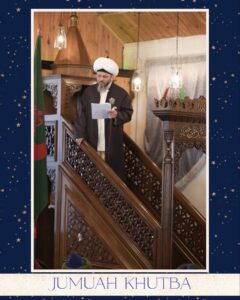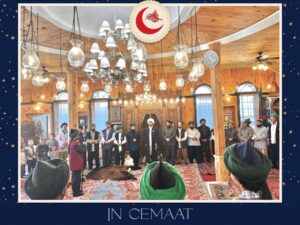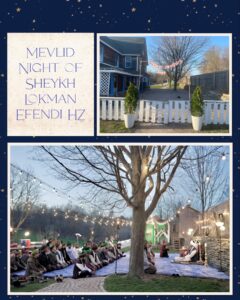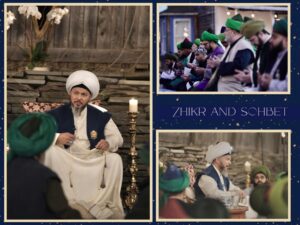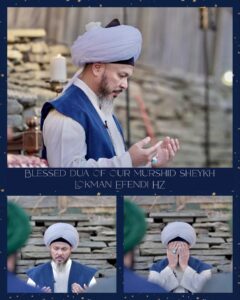The journey of tarikat is very unique to each person; that is essentially why it works so well as a spiritual development path. The Guide is able to see us in our current form as well as our future potential, inshaAllah. If we submit to their guidance then we can achieve more than we ever dreamed possible for our present selves. Sheykh Lokman Efendi often reminds us that we can’t diagnose ourselves, we defer to doctors and experts, who have a much better view of us than we can gauge ourselves. This is the same for the spiritual self as well as the physical self: we need a diagnosis to get a good picture. Another less graceful way of saying this is, “you can’t fix your messed up brain, with your messed up brain.” Furthermore, as we begin the journey under the guidance of our Murshid, what keeps us on that path will likely change, just as we ourselves are changing. The progress we make and the needs we have should and must evolve with the journey (if we are to make progress at all).
As a convert I often reflect on how my view has changed since accepting Islam and then being given the gift of tarikat. At first I was interested in “defending Islam” from the haters and bigots, gathering scholarly writings and proofs of Islam’s egalitarian views on women, the correctness of monotheism and the shariat’s unyielding value of true justice. All of these things are still undeniable, beautiful truths, and essential to understanding Islam, but my focus has shifted to something beyond Facebook arguments and so-called conferences and “dawa”. Leaving behind the feeling that I had to defend and prove Islam to people that might question my choice happened as I began to realize that the spiritual development portion was missing from my practice. This realization in itself was a gift and also very freeing from the idea that we need to match the western paradigm and values pushed upon the world in modern times. It was only after this gradual growth that I realized how much more growing I had to do from the inside. This is impossible with “a messed up brain” and the feeling I had something to prove to people who didn’t share the same ideas, values, and goals. Elhemdullillah for progress that isn’t measured by anyone’s standard except the Awliyallah.



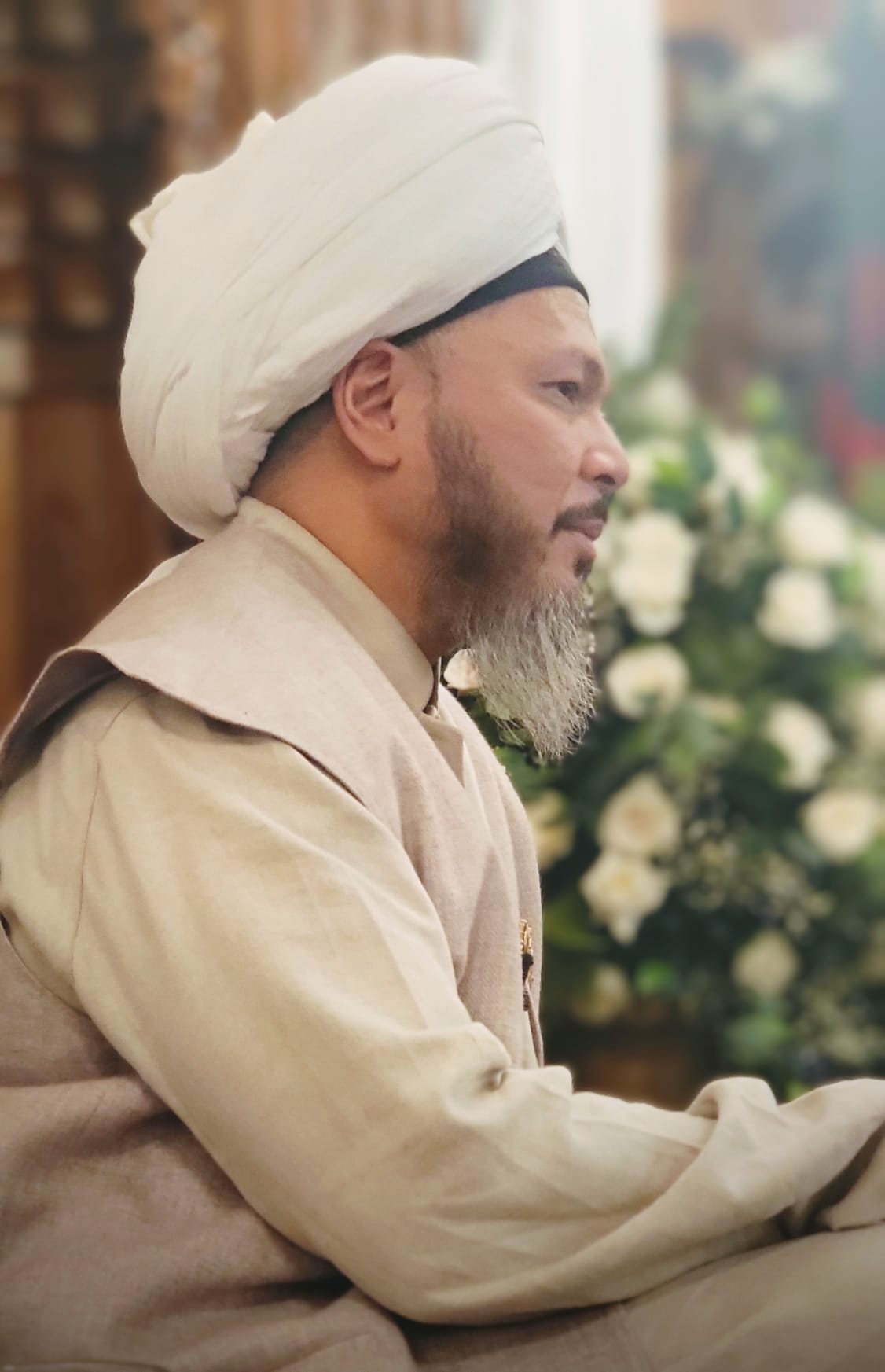
![500+ Journey Pictures [HD] | Download Free Images on Unsplash](https://images.unsplash.com/photo-1489641024260-20e5cb3ee4aa?ixlib=rb-4.0.3&ixid=M3wxMjA3fDB8MHxzZWFyY2h8Mnx8am91cm5leXxlbnwwfHwwfHx8MA%3D%3D&w=1000&q=80)
